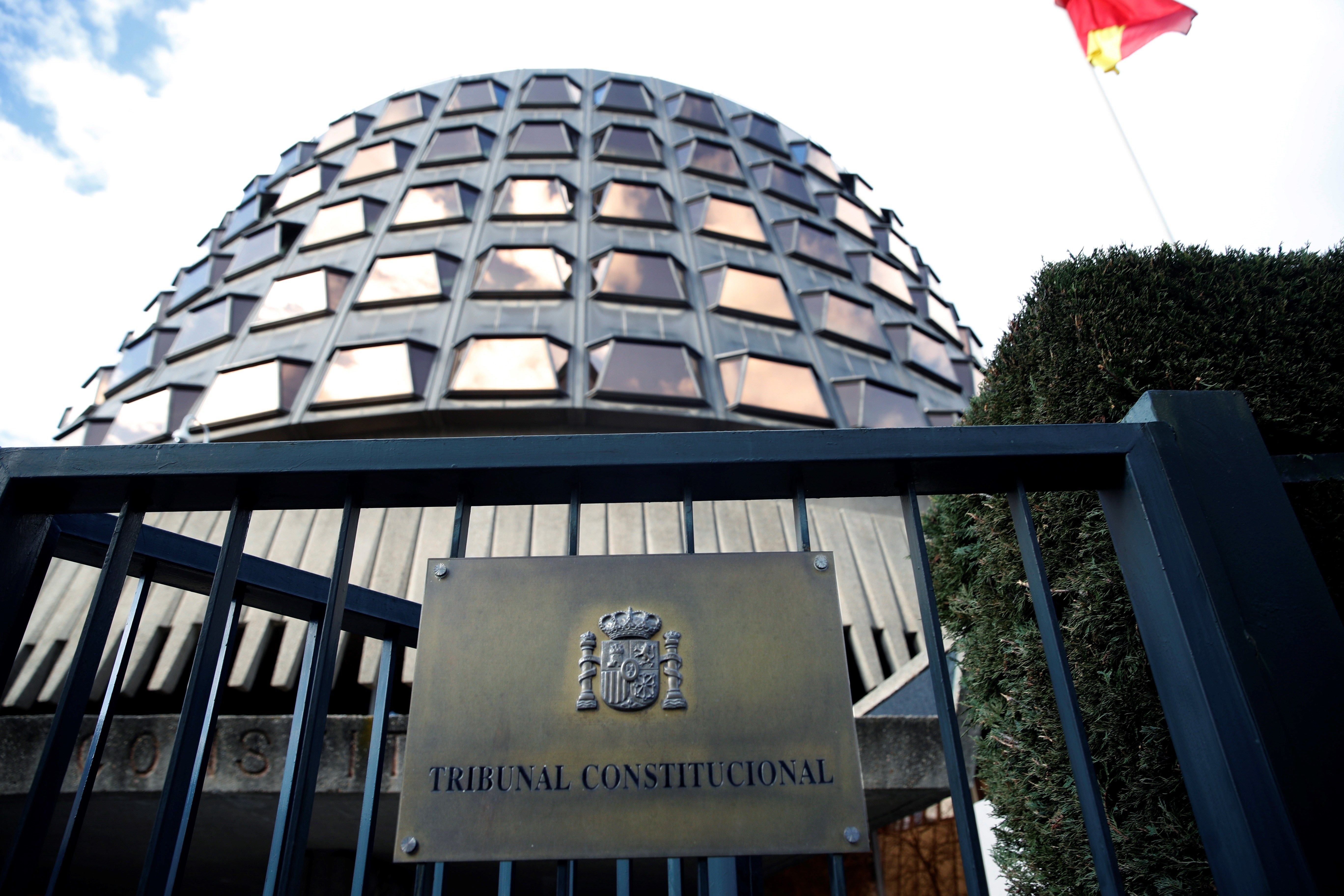The Constitutional Court has published two sentences unanimously endorsing the Spanish government's application of Article 155 in Catalonia.
Article 155 refers to an article of the Spanish Constitution whereby the central government can be authorised to suspend Home Rule in any of Spain's autonomous regions. What this means, effectively, is that Madrid can take over the territory's self-government. This article was used for the first time after Catalonia's symbolic proclamation of independence in October 2017, when a Catalan Parliament report described Article 155 as an "attack against the rule of law".
With these 2 sentences, which dismiss almost all the appeals submitted by the Parliament of Catalonia and by more than 50 deputies of Unidas Podemos against the Senate's agreement, Spain's Constitutional Court has set the case law on which to base any future application of the suspension of the self-government. The judges emphasise that the use of 155 must be a "last resort" and must have a "time limit".
The sentence makes it clear that this is a mechanism for an "extraordinary" control of the activity of the autonomous communities, to face "constitutional breaches classified as extraordinary" and as "the last resort of the State in the face of flagrant non-compliance with the constitutional obligations imposed ".
"155 is not an end in itself, but an instrument to guarantee the validity and effectiveness of the Constitution in those cases in which it is clear that only through this means it is possible to restore the constitutional order," warns the text . For this reason, it highlights that "the ultimate purpose that the article enables cannot be anything other than the restoration of the constitutional order and, with it, the normal institutional functioning of the autonomous community within that order."
The ruling also asserts that 155 has limits and that "in no way can it lead to the indefinite suspension" nor "consent to limit or exclude the shared patrimony of citizens, constituted by fundamental rights."
It also warns that it is a "last resort ", which requires that the ordinary routes were fruitless.
The suspension of the Catalan self-government must have a "time limit", purposely determined or determinable, which must be established by the Senate, based on the central government's proposal, even if it is possible to apply extensions or updates in its application.
The sentence recalls that the Constitution does not specify the measures of state coercion that can be applied and grants the constitutional bodies a "margin of discretion" to determine them. Among these measures, there may be those with a substitutive scope by which the House "empowers" the central government to subrogate or occupy the role of the self-governent or autonomy.
However, it points out different assessments about the scope and limits of the intervention that authorises the Article 155. Among these, it insists on the state intervention to be "strictly at the service of the regeneration of the self-government or autonomy in its own constitutional, statutory and legal framework", which prevents the repeal of the Estatut (Home Rule Law, effectively the Catalan Constitution within the Spanish Constitution) or its indefinite suspension. Similarly, "state coercion" will only be possible on those whose actions are related to the application of 155. Thus, the measures must be adequate and have the least cost for the autonomy.
It will be the central government that will be responsible for the adoption, fulfillment and execution of intervention measures agreed by the Senate, but the High Chamber may coin "specific rules" for the occasion, among which there could be rules to order the conditions and powers of action by the government.
In any case, in their sentence the magistrates endorse without any doubt the application of the Article 155 that the Senate agreed for Catalonia. In their view, the Catalan independence process represented "a very serious rupture of the constitutional framework, as it sought to place the autonomous community as a sovereign entity."
The sentence describes this breach as "very serious" because "it fractures the constitutional principles of unity and equality, it fractures the autonomic model and it undermines the national sovereignty that resides in the whole of the Spanish population".

